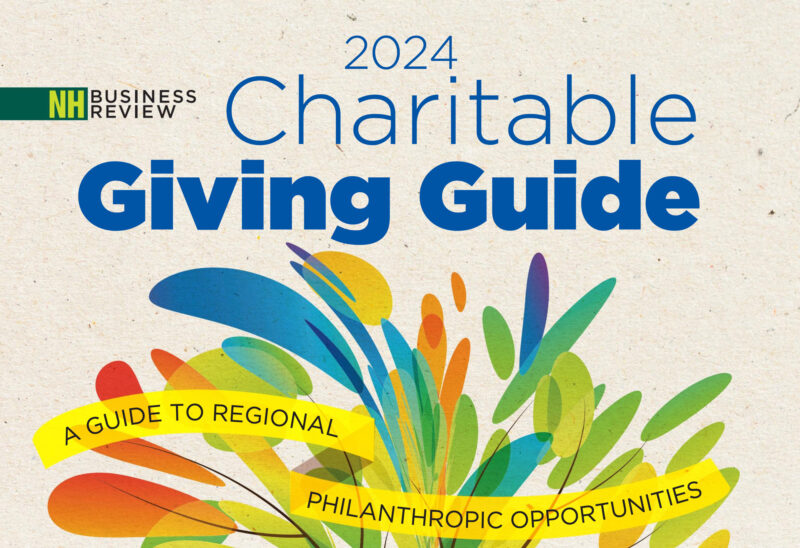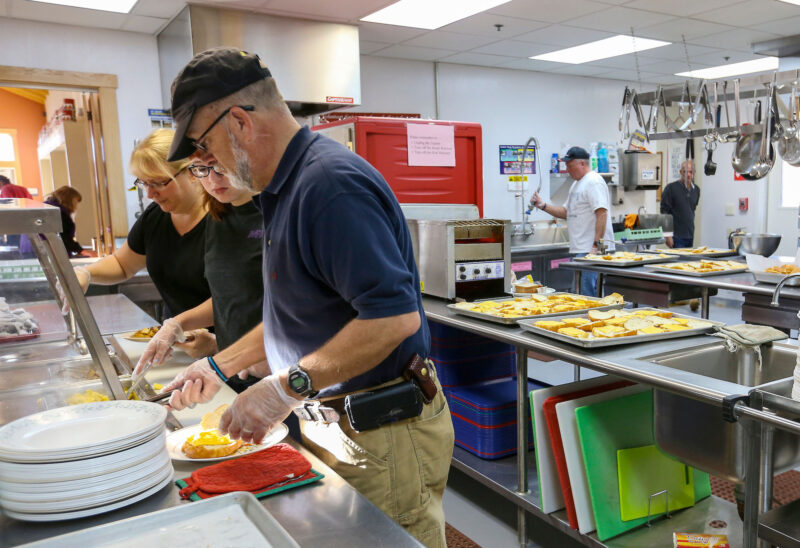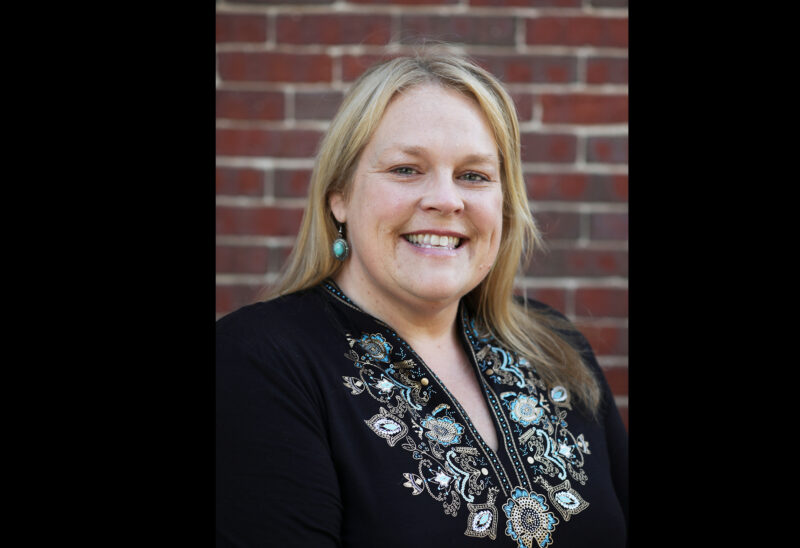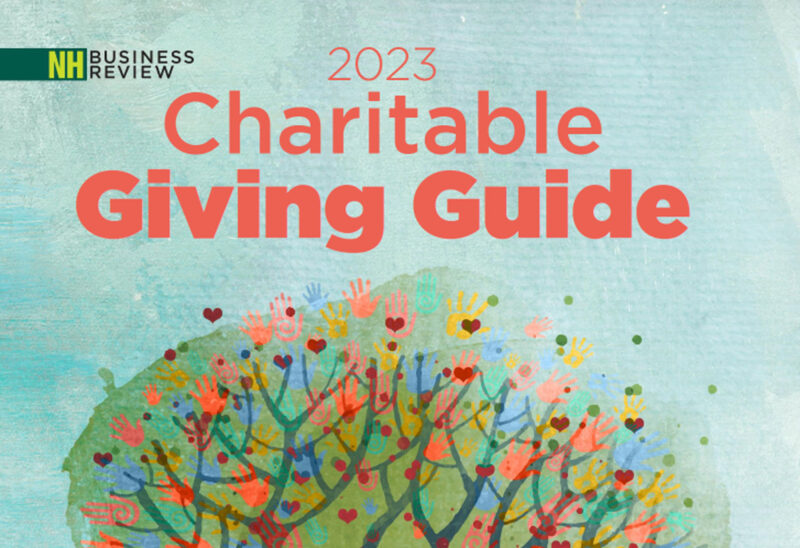Sara Lang joined the Foundation staff in March as a senior philanthropy advisor in the Upper Valley region. She works with generous people, families and businesses who want to make a difference in their communities. She lives with her family in Grantham.
Tell me how you chose your life’s work, or how it chose you.
When I graduated from college, I had this notion that I was going to go out and make a huge difference in the world. I just wasn’t sure how. I started by working in a school and then worked in a shelter for children who couldn’t live at home for one reason or another. There were a lot of kids who were there literally because their parents didn’t pick them up from juvenile detention. At age 13 or 15 they were stuck in these shelters until they were 18 and aged out. And they didn’t get to go to regular schools — they went to schools that were geared to the absolutely lowest common denominator among them. It was gratifying but incredibly challenging and stressful work.
By the time my son, Nate, was born I was working at the American Cancer Society, coordinating local volunteer efforts. Nate was born early. And we joke that he learned his lesson because he wasn’t early for anything else for the next 20 years. But he only weighed 3.5 pounds by time my maternity leave ended, and I could not leave him. I worked from home doing some child health advocacy work. Our daughter, Hannah, arrived a few years later and I focused on volunteer work. When my kids were older, I tried to think about what I could do that would make me feel as though I was making a difference, and also enable me to feel that I was engaged with my family. So that’s how philanthropy came to be — because it is really connecting people who can make a difference with the organizations that they care about and with the people who have the specialized training to make that difference. It is wonderful to make the connections between people who are in a position to help and want to, and people in our communities doing such critical work.
Tell me about some of the connections you have been able to make that have been gratifying to you.
When I was working at Dartmouth Medical School, I learned that many medical students go into deep debt to become doctors. Because most of them can’t work for the four years of school, they are living on these incredible loans, and a shocking number of them are on food stamps. There was this one student who was living outside of Hanover and he did not have a car and could barely afford his rent and he couldn’t figure out how to go to the grocery store. Once every couple of weeks his mom was sending him food from Wal-Mart — and that’s what he was eating. I was talking to a couple who said “We really want to make a difference in people’s lives, and we don’t feel like we are.” And I said “Here’s an idea: You could set up an emergency fund for students like this who need to get food. Or have dental issues and don’t have any dental insurance, or one guy who got into a car accident and he couldn’t afford to get his car fixed, or someone else who had to fly home for a close family member’s funeral.” So they did that, and they met the students they helped, and the students were so appreciative and the couple said they had forgotten how much of a difference $150 could make in somebody’s life. And it was incredibly meaningful to these students to know that somebody cared enough to make a difference like that.
People don’t realize how many cool ways there are to help in a community…all of our problems seem so big, but all of us can be part of the solution. And that is one of the things I like about working at the Foundation: We look at these big, huge knotty problems and approach them from so many different angles. By pulling at so many different threads we really are making a difference for so many people — those who are receiving the help, and the people who get to give the help and are happy to pay it forward.
Why community philanthropy in particular? What inspires you about the community foundation model?
I am so inspired by all of the different lenses through which we look at a problem at the Charitable Foundation, the many ways that we look at solutions to seemingly-intractable problems. It is really exciting to have my own backyard be like an incubator for solutions, and to work with people who are putting so much into solving community problems.
You live in the Upper Valley…what does your family do when you are not working?
Our kids are in college, so things are much quieter than they once were. We like to hike, cross country ski, garden, read and talk about our pets. That is a hot topic in our house. We have two really big, fat white cats that are very dog-like. My husband and I are trying to do the Kearsarge-Ragged-Sunapee loop, and we are on hike five. It’s like 14 trails, all-in.
What is a book that you find yourself recommending to people?
I just read “Educated,” an autobiography by a woman whose family was basically its own private cult. It is an amazing story of human resilience. And it is also a great reminder that you can’t make assumptions about people because you really never know what someone else’s life is like.
And I listen to a lot of podcasts. I love “The Daily,” from the New York Times. “The Moth Radio Hour.” “Embedded.” “Wait, Wait Don’t Tell Me,” oh, listen to “In the Dark” — it is so good.
Tell me something about yourself that people would not necessarily know, or that would ordinarily come up…
Well, we lived in Bermuda for three years. I loved living there. You were all on this island together and you had to learn to get along and let small things go. And it was a very polite place. The kids all took the public bus to school, and they were all taught that, when you get on the bus in the morning, you say ‘good morning’ to the bus driver, and then you turn and say ‘good morning’ to the bus. And everyone on the bus says ‘good morning’ to you, and then you go sit down. That’s just how that goes. You always say ‘good morning.’ You always say ‘pardon me’ if you don’t understand something, you always say ‘thank you’ at the end of any exchange.
And I grew up in a house in Connecticut that was part of the Underground Railroad. We think they dug this room out after the Fugitive Slave Act was passed. There were five floorboards in the dining room that you picked up, and there was a small dug-out space with benches down there, and there was still evidence that people had eaten meals down there.
So what’s your “Why New Hampshire” story?
New Hampshire kind of snuck up on us as ‘home.’ My husband and I have lived a lot of places. We started in New York City, then Denver and North Carolina, and then Bermuda. When we decided to leave Bermuda, we thought we would move to New Hampshire for a year or so while we decided where to go next. Being here reminded us how much we love seasons. And our kids totally loved snow days. I’m not sure if it was not having class or all the hot cocoa. Before we knew it, a few years had passed and we got to a time when it seemed mean to extract our children from their schools and friends. So we made a home here. For my old job, I traveled all the time. There are so many great places to live all around the country. I mean, who doesn’t love Southern Florida in March? But, no matter how many layers I got to shed when I would leave, I always looked forward to coming back to the peacefulness of a starry night in New Hampshire.

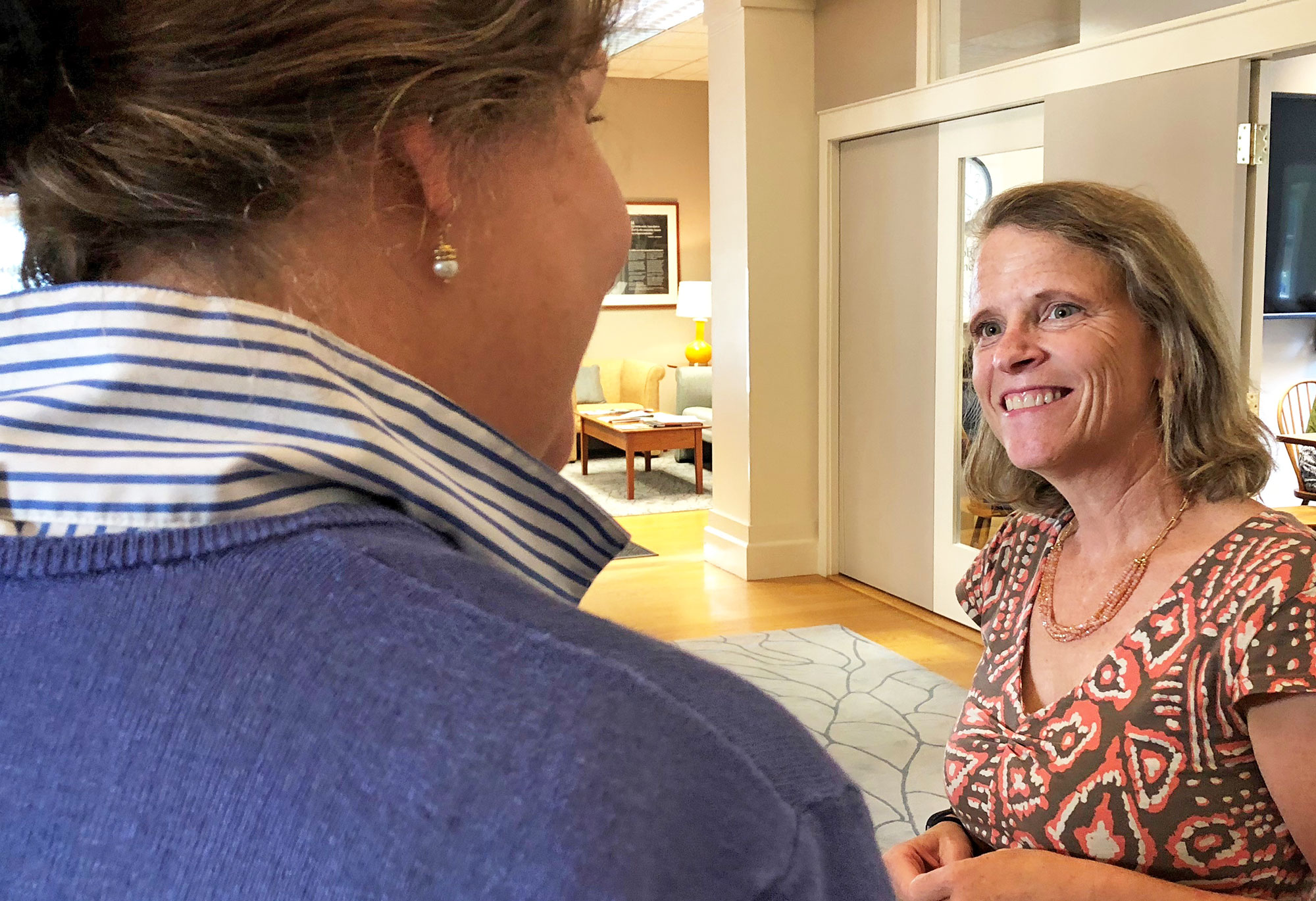








![Oluwakemi Olokunboyo of Dover received a McNabb scholarship to study nursing at Great Bay Community College [Photo by Cheryl Senter]](https://www.nhcf.org/wp-content/uploads/2024/05/Scholarship-Hero-800x548.jpg)
![Indrika Arnold, Senior Wealth Advisor, the Colony Group [Photo by Cheryl Senter]](https://www.nhcf.org/wp-content/uploads/2024/05/Indrika-Arnold-Hero-800x534.jpg)



